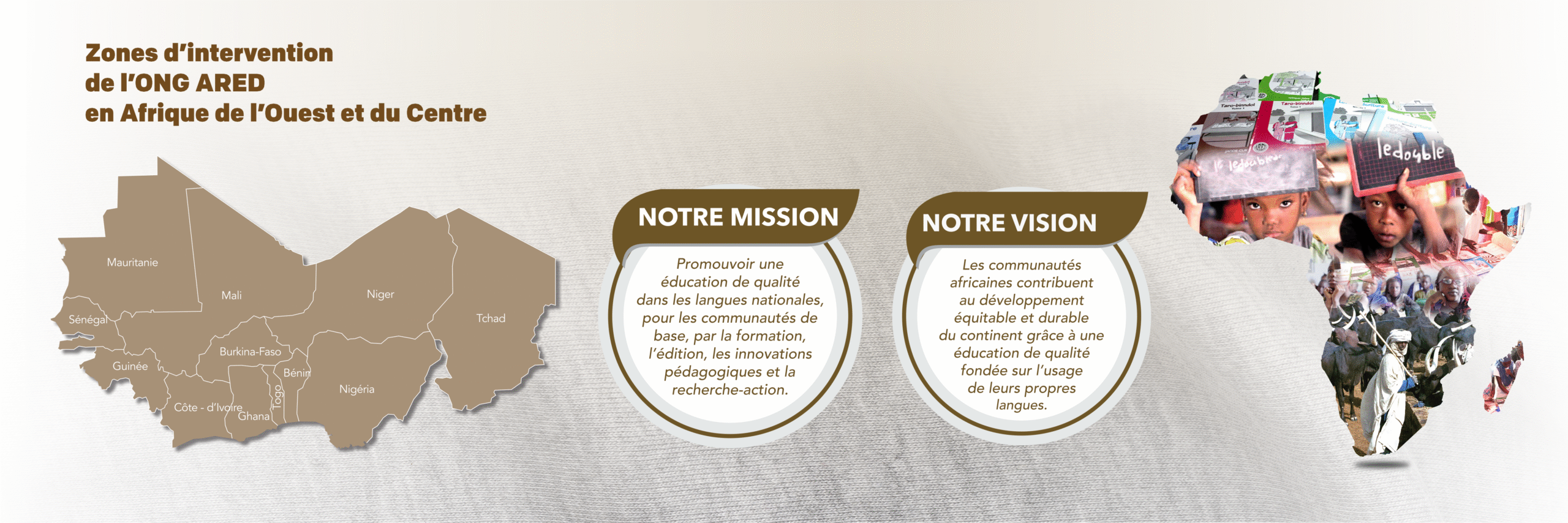General presentation
- Sukaabe Janngo 2 is an integrated program that aims to improve school-age children's reading skills, strengthen health, nutrition and food practices, and promote sustainable school feeding based on local food products.
- The project mainly targets nursery and elementary school pupils, teachers, parents and communities. It also strengthens the capacities of educational structures and local authorities.
Specific objectives
- Train and support teachers, principals and students with quality teaching tools and tutoring programs, both traditional and digital.
- Increase school attendance by distributing balanced meals in targeted schools.
- Rehabilitate school infrastructure: kitchens, storage areas, latrines, access to drinking water.
- Improve health, nutrition and hygiene knowledge and practices within schools and families.
- Support local producers by creating direct links with school canteens and strengthening local supply circuits.
- Strengthen the involvement of school management committees, municipal authorities and community members to build a self-sufficient, sustainable school food system.
Program history
- Sukaabe Janngo (2019-2023): first phase focused on reading, with the implementation of a "writing project" and a training scheme for teachers, enhanced by specific support in response to the COVID-19 pandemic.
- Sukaabe Janngo 2 (starting in 2022): expansion of objectives with tutoring (traditional format and digital via tablets), infrastructure reinforcement, support for school feeding and support for educational partners in implementation.
Key activities
- Construction and rehabilitation of kitchens, warehouses, latrines and drinking water access systems[1] .
- Professional development for teachers, principals and school administrators.
- Involving parents in school follow-up and promoting reading at home.
- Improving health, food and hygiene practices in schools and communities.
- Institutional capacity-building at local and national levels.
- Supplying school canteens via local and regional purchasing channels.
- Integrating local agriculture to serve schools for a more sustainable diet.
Impact and expected results
- Improving students' reading skills .
- Increased adoption of healthy nutrition, health and hygiene practices.
- Strengthening local food circuits to make canteens more self-sufficient.
Partnerships and Financing
- Main partner : Counterpart International.
- Associate partners: ARED, CICODEV, World Vision, Virginia Tech, Sesame Workshop, Imagine Worldwide.
- Financing supported by international donors, in support of local education and nutrition policies.
Developments and prospects Sukaabe Janngo 2 aims to consolidate its achievements and broaden its impact by fully integrating local communities and players in a sustainable approach that links education, health and economic development.

